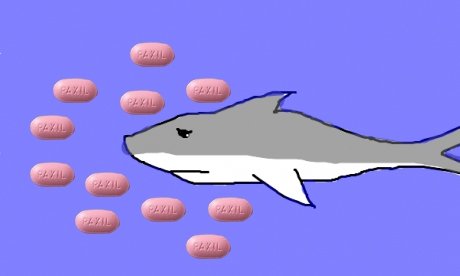
As you may or may not have noticed, the almighty Google does not always give you the results you’re looking for. There are a few reasons for that. First, you might be looking for a band with a common word for a name, like, say, Earth or Clinic. Second, there’s the off chance that you might be looking for something real old or so incredibly obscure that it doesn’t have a footprint on the internet. Third, you might be trying to find something Google doesn’t want to show you.
Since early 2011, piracy and piracy-related websites fall under that third umbrella, where services and sites such as The Pirate Bay or Rapidshare only come up in the autocomplete or instant search suggestions when fully spelled out. For example, typing “the pirate b” suggests “the pirate bureau.” Well, now you can add Grooveshark to the list of piracy-related websites that Google is purposely obfuscating.
You can read the whole story, with all kinds of cool graphs and charts, over at TorrentFreak. The basics of the story are pretty simple: Grooveshark is being blocked, and no one can really figure out why Grooveshark was added to the blacklist. TorrentFreak speculates that the major labels and copyright holders might have had a hand in taking Grooveshark off the autocomplete list, because though they have had some DMCA complaints (an average of 12 per week according to the TorrentFreak article), a site like BTloft gets over 1,700 per week.
On the other hand, this could be an example of a major corporation casting such a wide net that it ensnares irrelevant or unrelated websites. This of course leads to the common fear of these blacklistings snowballing out of control.
This isn’t an uncommon fear, and it’s a topic that has come up a lot recently in online advocacy circles as the UK is preparing to launch a similar but harsher program to block pornography. There’s a pretty good article over at Forbes if you want to see some of the potential problems and fears of internet censorship programs. Substitute “pornography” with “music” and the whole “won’t someone think of the children!” with “we’re protecting artists’ property” and you have the same straw man arguments that always come from governments and corporations regarding these sorts of things.
Anyway, Grooveshark is going to be a little harder to find. Whether or not that leads to less web hits has yet to be seen.